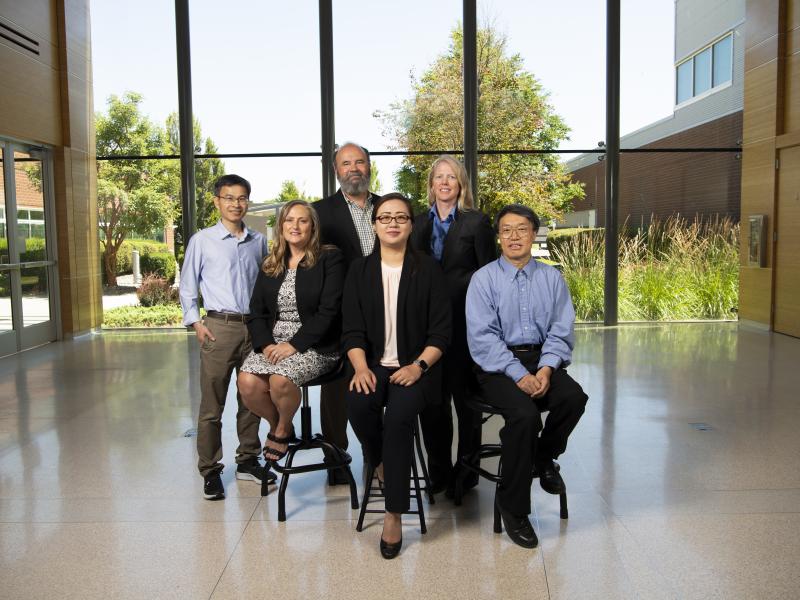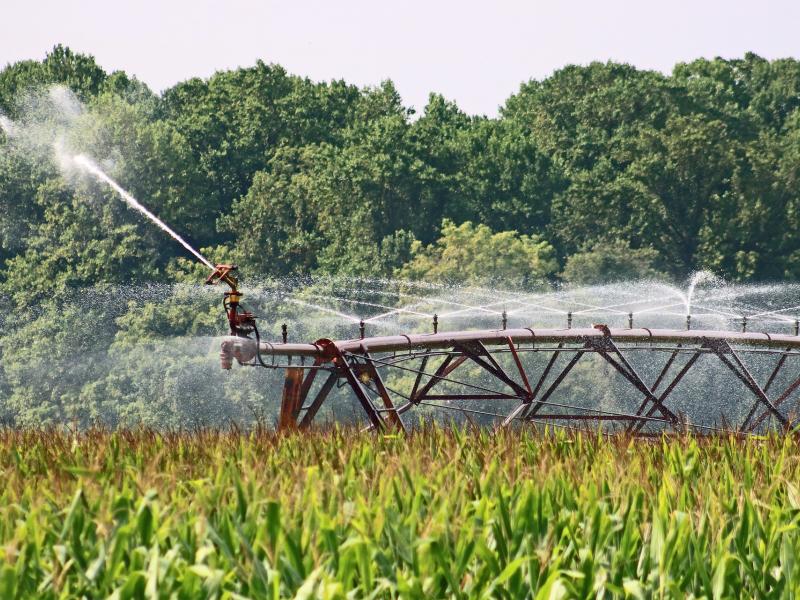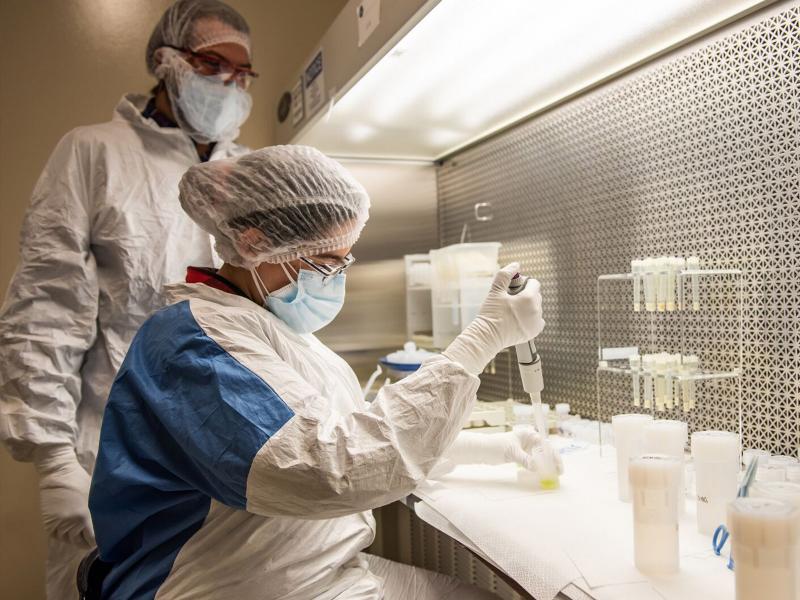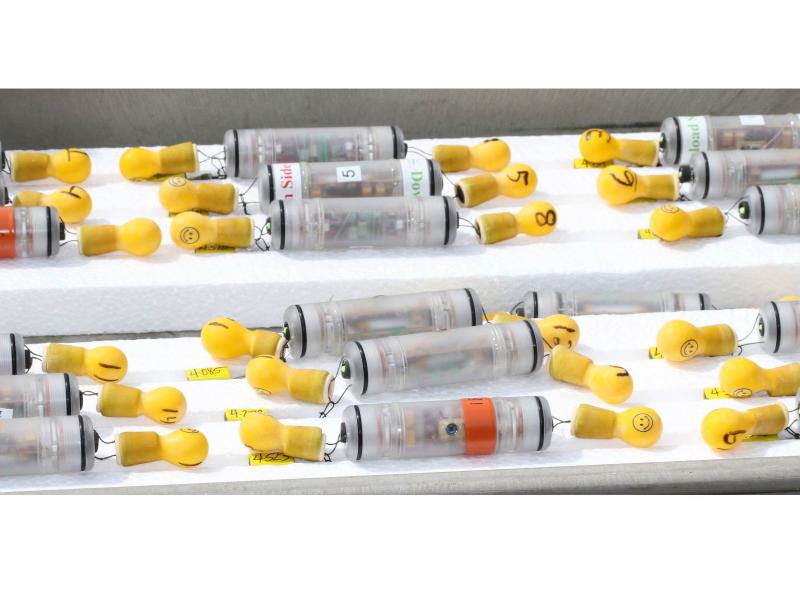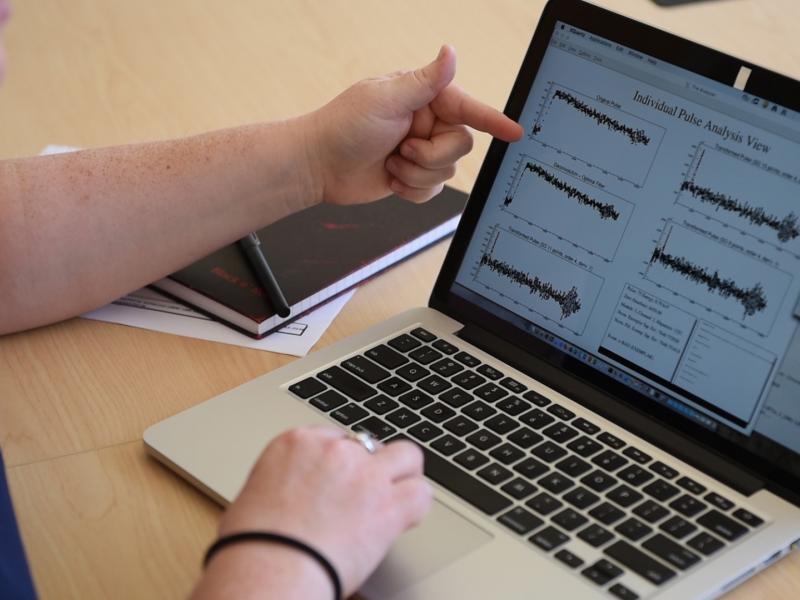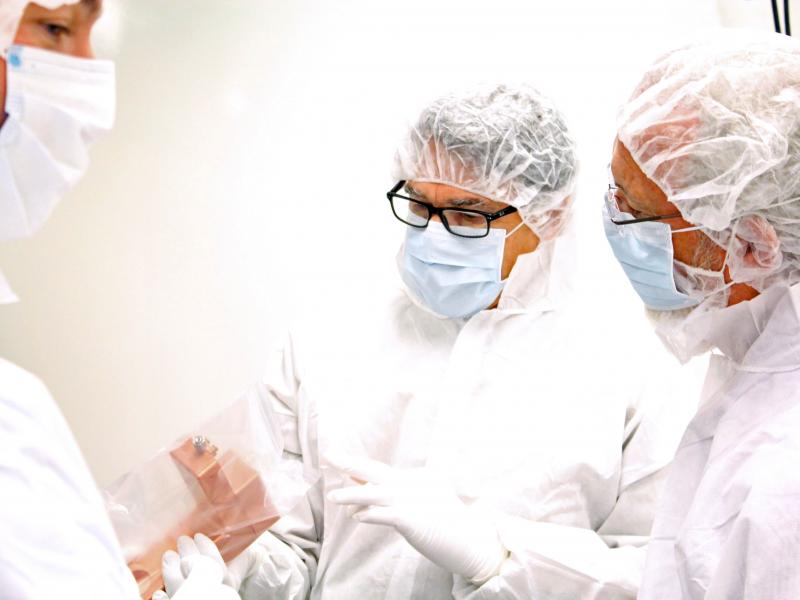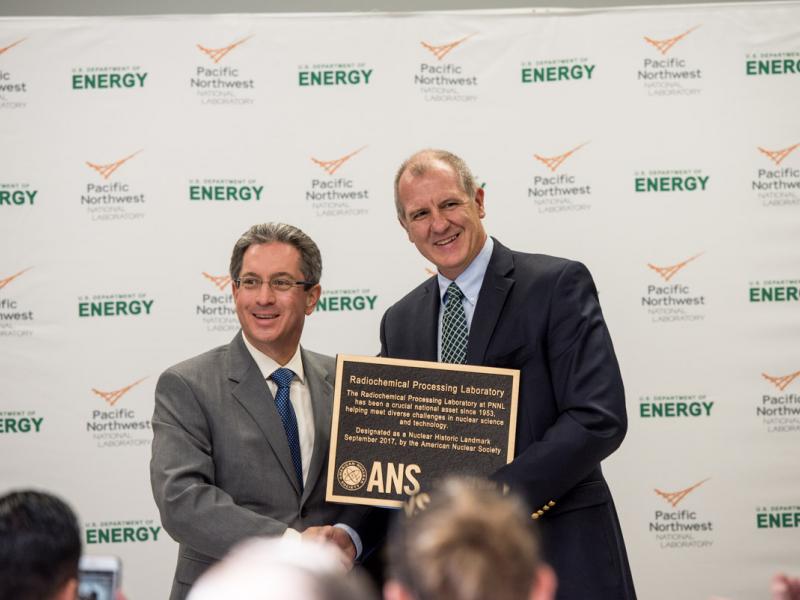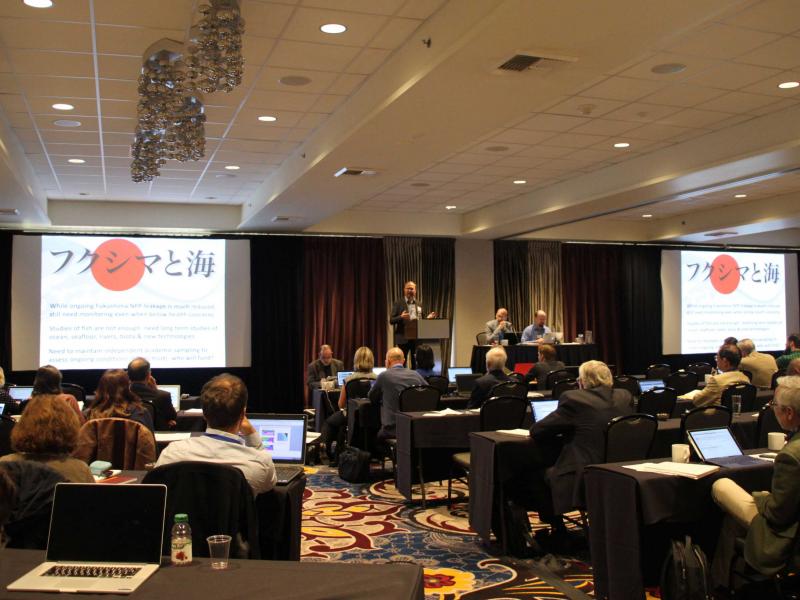Featured Stories
September 4, 2025
Deborah Gracio Selected to Lead Pacific Northwest National Laboratory
September 3, 2025
Scientists Probe Powerful Molecular Messaging System That Goes Beyond DNA
August 25, 2025
Tiny Tag for “Untaggable” Fish Wins 2025 R&D 100 Award
August 21, 2025
PermitAI Ushers in a New Era for Faster, Better Federal Permitting
Subscribe
to receive PNNL
news by email:
Latest Stories
25 results found
Filters applied: Nuclear Nonproliferation, Water Power, News Release













